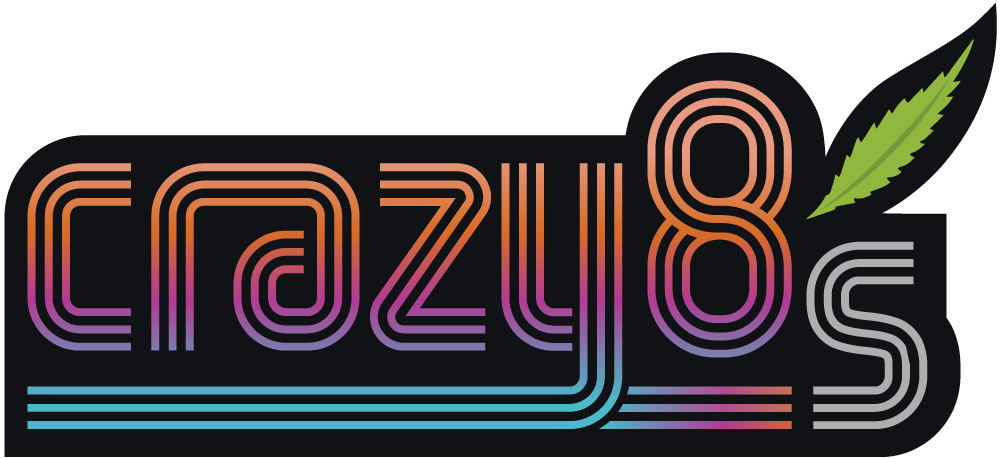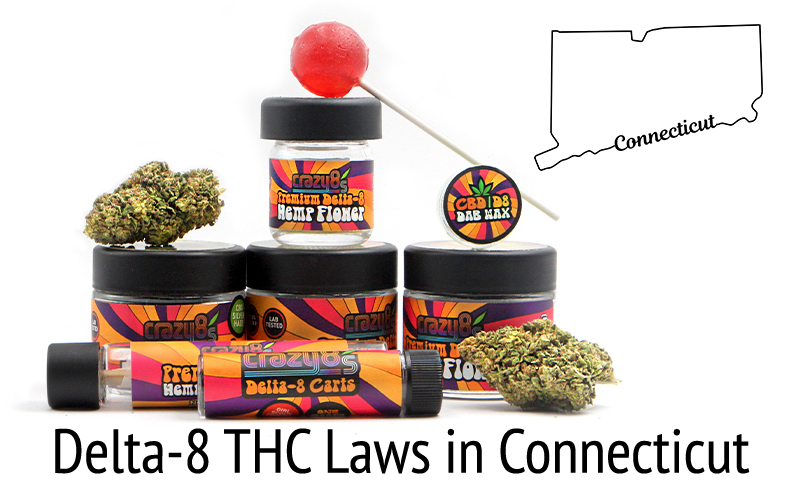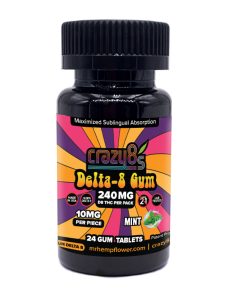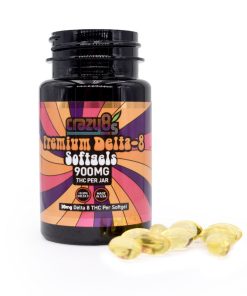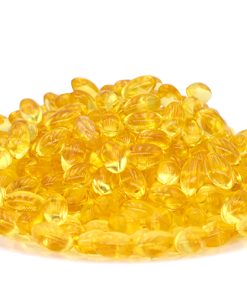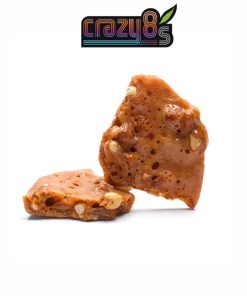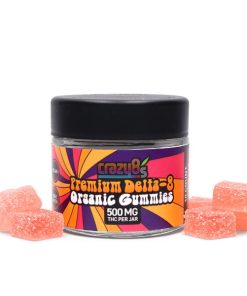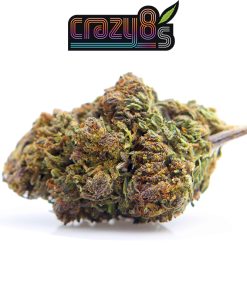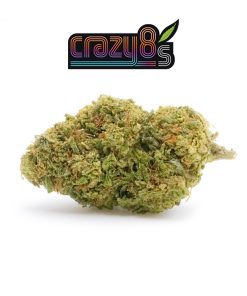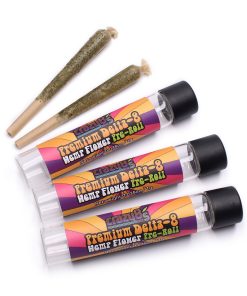Delta 8
Delta 8 Now Legal in Connecticut. But Can You Buy It?
When is delta 8 considered legal in Connecticut? The state passed a new law that regulates the sale of hemp products with a THC concentration over 0.3%. If you want to continue buying ∆8-THC in Connecticut, you’re probably wondering whether it’s legal to order online.
Let’s look at how these brand new regulations affected the sales of hemp cannabinoid products in the Constitution State.
Is Delta 8 THC Legal in Connecticut?
Hemp-derived delta 8 THC is legal in Connecticut — but there’s a catch. The Constitution State allows you to buy ∆8-THC products that exceed 0.3 percent THC by weight only from state-registered dispensaries.
What is Delta 8 THC?
Delta 8 tetrahydrocannabinol is a mildly psychotropic compound naturally found in cannabis (a cannabinoid). Also known as ‘weed light,’ delta 8 THC is a milder alternative to delta 9 THC. This compound has a similar chemical structure but different effects — typically expressed with less anxiety and paranoia.
Cannabis users dealing with anxiety avoid delta 9 THC (at least in high doses) and replace it with moderate doses of ∆8-THC. They enjoy the sedative and uplifting euphoria it brings while also helping with pain, low appetite, sleep, and anxiety.
Buying Delta 8 THC in Connecticut
The best place to buy delta 8 THC is online. But, right now, you can’t get products from unregistered vendors if you live in Connecticut.
Crazy8s is the leading provider of tested and potent ∆8-THC products, so if things loosen up, you can order the best ∆8-THC from us. Whatever you decide to try from us, you won’t be disappointed. Every product is made from premium, all-natural ingredients, from ∆8-THC gummies and edibles to vape carts and CBD flower.
If you’re looking to harness the full range of the hemp plant, our products offer the tastiest and most efficient way possible. A full gram of our delta 8 pre-rolls is made with high-quality CBD flower rich in terpenes and cannabinoids. But it doesn’t end there because we’ve rolled them into kief and sprinkled with premium hemp-derived ∆8-THC oil and more strain-specific terpenes.
Our delta 8 gummies offer a delicious and discrete way to take your hemp plant medicine on the go. Depending on where you are in your ∆8-THC journey, you can choose from the 10mg or 50mg option. These gummies are not your typical ones, they are made with top-notch, organic ingredients and provide relaxation and boost the immune system.
Gummies are especially convenient if you’re always on the go and need to take a precise dose of this cannabinoid every day. Our gummies are clean and pure and tested by a certified, third-party lab. They start working after 30-45 minutes, but their effects last for hours.
Is Delta 8 THC Legal in Connecticut?
Delta 8 THC is legal in Connecticut, but products can be sold only by state-registered dispensaries.
Effective July 1, 2021, a new bill established an adult-use cannabis marketplace that effectively closes the ∆8-THC loophole in Connecticut. The Act Concerning Responsible and Equitable Preservation of Adult-Use Cannabis (SB 1201) prohibits businesses from selling delta 7, delta 8, or delta 10 products with a total THC concentration of over 0.3%.
Under the new law, only licensed cannabis retailers and medical marijuana dispensaries may sell intoxicating products. The state has yet to issue license applications for sales that are expected to begin in late 2022. Products with a total THC content of less than 0.3% by dry weight comply with the law.
What Does the Future Hold?
Connecticut’s law gives a glimpse of the future of cannabis. Most states are expected to regulate ∆8-THC by allowing sales through licensed cannabis dispensaries for recreational or medicinal purposes. Now that ∆8-THC is legal, the state is in the process of regulating it as a cannabis product.
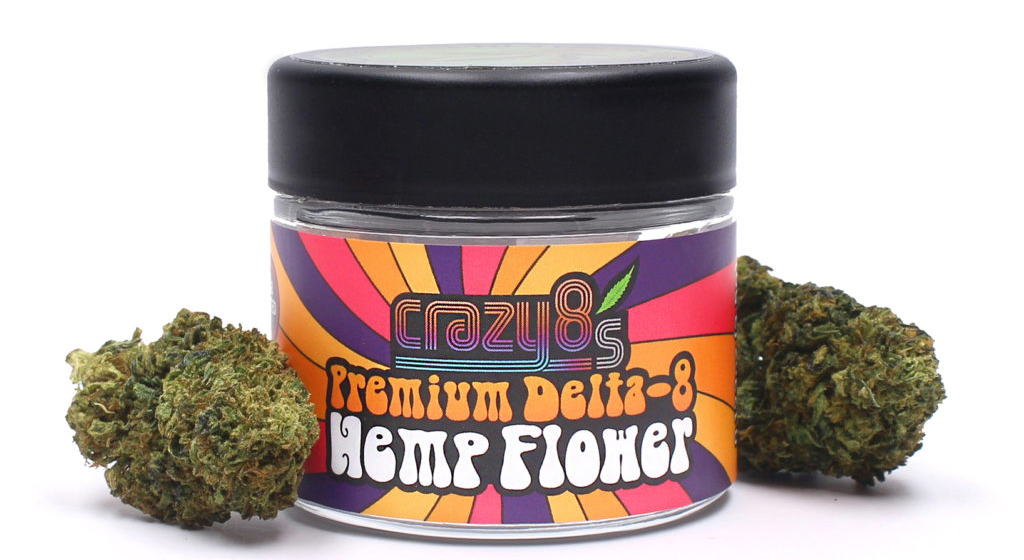
Is Delta 8 THC Legal Federally?
At the federal level, delta 8’s legality is questionable.
The federal bill removed hemp from the list of Schedule I substances. This includes all cannabinoids and derivatives. Delta 8 falls under the category of hemp derivatives, present in the plant in less than 0.1%.
When extracted directly from hemp, this cannabinoid is a legal compound that can be used in hemp-derived products. But, there’s another way of obtaining this compound in large quantities — through isomerization. Because of this method, ∆8-THC may be considered ‘unnatural.’
A thing that the federal bill didn’t change was the legal status of synthetic THC. And according to the Interim Final Rule issued by the Drug Enforcement Administration, “synthetically derived” THC products must remain scheduled substances.
The manufacture of ∆8-THC involves using chemicals during a CBD conversion process, so the final product is technically ‘unnatural.’ But, experts claim that ∆8-THC made from CBD is not entirely synthetic, but it’s also not directly extracted from the hemp plant.
The other aspect of the questionable legality of ∆8-THC is that it’s an intoxicating compound. On that matter, the US Cannabis Council stated that there’s no loophole and that delta 8 is illegal because it’s intoxicating.
So, there are grounds for the compound to be considered ‘synthetic’ by the DEA, but until it’s officially banned, it remains in a gray legal area. The silver lining in this situation is that the US is clearly moving towards the legalization of cannabis. Therefore, we’ll likely see the compound properly regulated.
Yes, it’s legal. But, the product must not exceed 0.3 percent total THC by dry weight. In Connecticut, total THC includes delta 7, delta 8, delta 9, and delta 10.
In Connecticut, it’s legal if the product doesn’t exceed 0.3% total THC by weight. Otherwise, it must be sold in a registered dispensary because it’s considered a cannabis product.
Individuals or entities selling hemp-derived delta 8 products with THC concentration over 0.3% can no longer sell them in Connecticut unless they hold a cannabis license. So, you can’t buy it legally.
No. Delta 8 has been banned or restricted in around 18 states, including Connecticut.
Read our legal disclaimer HERE. While we try to stay as up to date as possible on all state laws, you should do your own due diligence and work with a legal professional to ensure you are operating legally in your state or territory at all times.
